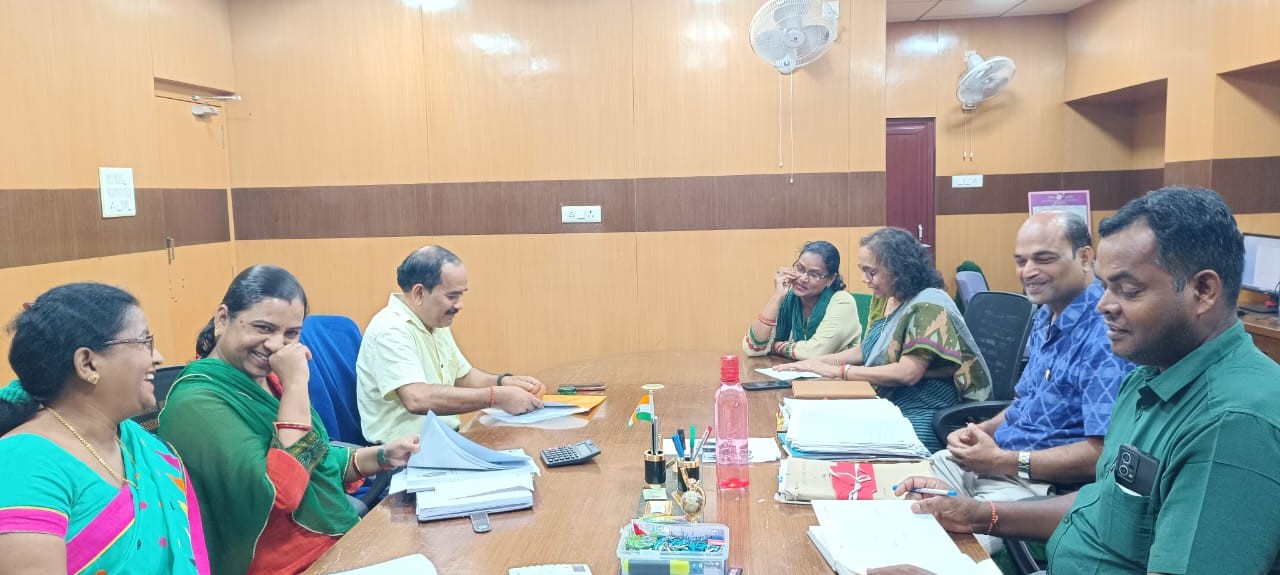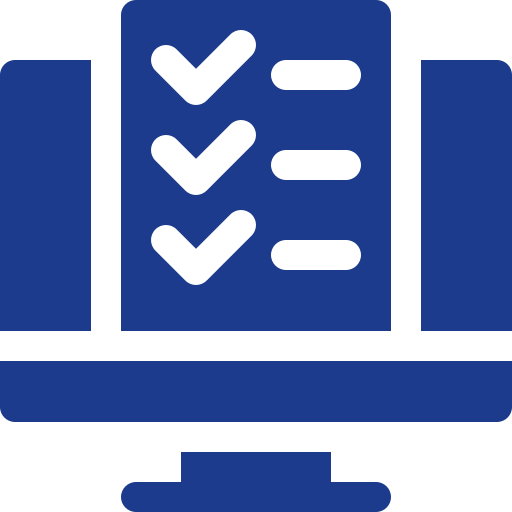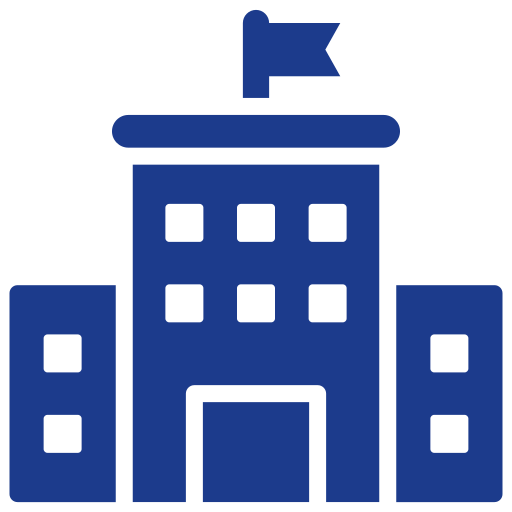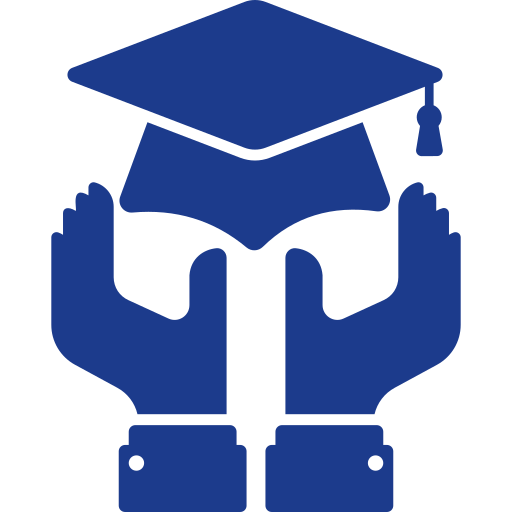-

Ms Lipika Sahu
Assistant Director
About the Department
Surveys and assessments play a pivotal role in education by enhancing the quality and effectiveness of the learning process. They provide educators with critical data about student performance, learning styles, and comprehension levels. This information allows teachers to identify individual strengths and weaknesses, enabling them to tailor instruction to meet the diverse needs of their students. Assessments, both formative and summative, help in tracking academic progress and identifying areas requiring intervention, ensuring that all students achieve their full potential.
Furthermore, surveys can gauge student engagement, satisfaction, and overall school climate, offering insights into areas needing improvement. They also provide feedback on teaching methods and curricular effectiveness, guiding professional development and curriculum adjustments. For policymakers and administrators, survey and assessment data are invaluable for making informed decisions regarding resource allocation, policy formulation, and program evaluation. Ultimately, the systematic use of surveys and assessments fosters a culture of continuous improvement, ensuring that educational practices are aligned with student needs and contemporary educational standards.
For all these activities, the TE & SCERT, Odisha, Bhubaneswar has an Assessment Cell.


Vision and Objectives
Survey and Assessment in School education is evolving to embrace a holistic and learner-centred approach, focusing not only on assessing the academic achievement of the learners but also on fostering growth, creativity, critical thinking, and essential life skills, where assessment seamlessly integrates with learning.
- Inspire schools to review and reflect on their curricular practices and achievement of student learning outcomes
- Promote student centric non- discriminatory curriculum which prepares students to be confident, connected and life long learners as envisaged in NEP 2020.
- Foster the culture of openness, transparency and objectivity in self- assessment, peer assessment and external assessment.
- Empower schools to be continually involved in systematic self-assessment which has an explicit purpose of improving the quality of student experiences and their standards of attainment.
Areas of Work
-
Student Assessment
-
Program Assessment
-
Faculty Assessment
-
Institutional Assessment
-
Data Management and Analysis
-
Student Support
-
Technology Integration
-
Policy Development
-
Stakeholder Communication
-
Research and Development










